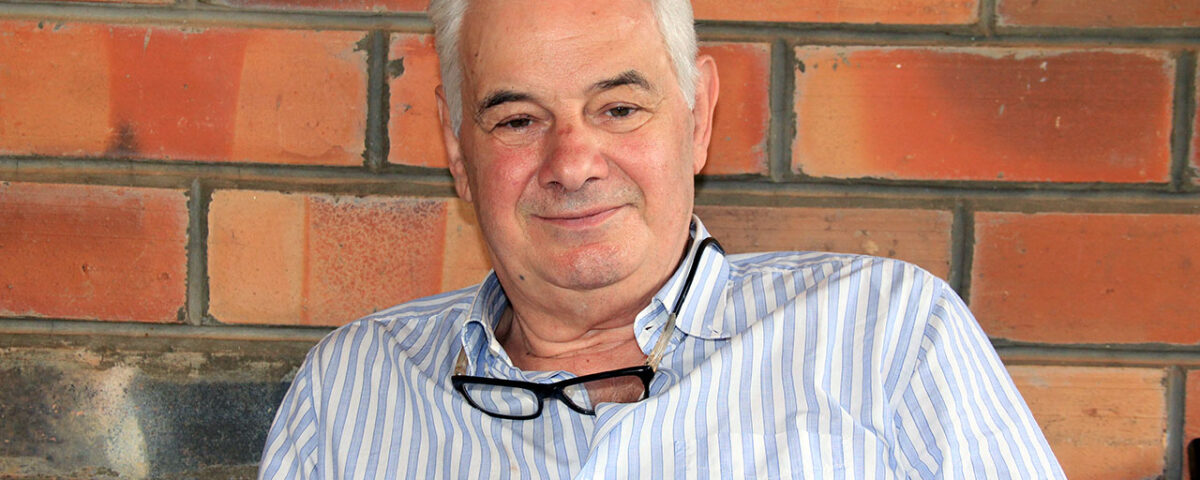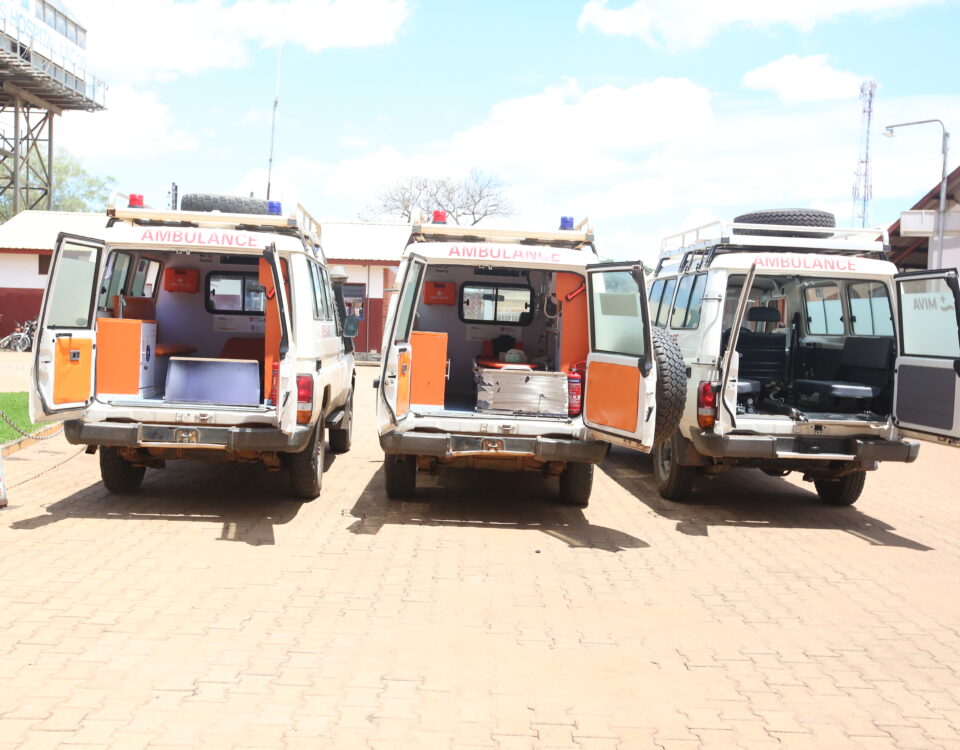At the height of the LRA war in northern Uganda, when a lot of children were dying of malnourishment, Prof. Luigi Greco, a senior paediatrician from the University of Naples came and saved many by introducing “nutri-cam,” an innovation he worked on together with his wife.
Twenty years later, he has returned to find the hospital that was his base for several years as he helped set up Gulu University’s faculty, thriving and flourishing.
For an ever-growing organisation such as Lacor Hospital, one of the largest not-for-profit referral hospitals in Sub-Saharan Africa, one would think that quality could be sacrificed along the way as expansion takes place. But that is not the case at Lacor.
As Prof. Luigi notes, wars, outbreaks and economic crises have not deterred the hospital from pursuing excellence.
From a small 30-bed hospital in 1959, Lacor Hospital is now a complex with a 482-bed capacity and 3 Peripheral Health Centers in Opit, Amuru and Pabbo – each with 24 beds, a Nursing and Midwifery Training School, a Laboratory Training School, a Theatre Assistant Training School, a school for training Anaesthetic Officers and it is also a teaching site for the medical school of Gulu University, plus other placement and training programmes.
Professor Luigi first came to Lacor in 2003 at the request of his twin brother who had been working in Uganda for 7 years, carrying out interventions on HIV prevention and treatment. There was war at the time of his arrival and so many children were malnourished.
“We had a long line of malnourished children queuing in the nutritional unit where 40% of them were dying within a few days,” Prof. Luigi recalls. “And on the line while they were waiting for me to see them, two or three of them were dying.”
As a result, Prof. Luigi set up a small store where he could see the children quickly, but that did not stop them from dying. The situation was horrible and being a nutritionist, the good doctor knew what he had to do next.
Innovation was required, and so with the help of his wife, a paediatrician too, he formulated what became known as ‘nutri-cam’, a life-saving nutritional food derived from the combination of maize flour, silver fish, peanut butter and some oil. “Cam” in Acholi means food.
The combination was a kind of solid porridge containing twice the calories contained in those given by the WHO at the time. It was served to these children every morning and evening. This went on for a couple of years and the mortality in the unit dropped from 40% to 4%.
The mothers were taught how to prepare nutri-cam so as to prevent malnutrition repeating in their children.
Despite all the wonderful works that was going on, the hospital was from time to time invaded by the Lord’s Resistance Army (LRA) rebels, crippling operations. Prof. Luigi himself, had to witness a child soldier shoot someone dead right in front of him. This forced him to send his wife back home.
Prof. Luigi went on to help Gulu University set up the faculty of medicine in 2004 and train its pioneer students. They also set up a fellowship program to train Ugandan doctors to become lecturers in the different fields.
In 2018, Prof. Luigi helped Lacor start implementing a results-based financing (RBF) project, which has now been expanded to all departments in the hospital with great efficiency, especially in surgery, and trauma that are difficult to do such kind of results-based financing in.
Coming back after 5 years to check on the progress, the professor is only full of praise for the hospital.
“I can confess that I was impressed of the persistence of the good practice, which is very difficult to obtain in any parts of the world, especially in Uganda – the persistence to do a proper thing and you keep going that way. Not very easy,” Prof. Luigi Greco.
Although the project only lasted 4 years, its success has driven Corti Foundation to find new funds to carry on with the same project that has greatly improved the quality of service delivery at Lacor Hospital.


